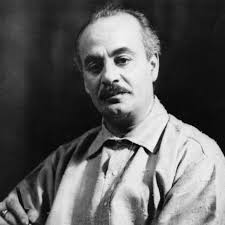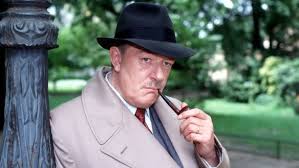
Some of the “Good” has been lost from Goodreads since the Amazon takeover, as you might have guessed given the nature of the Bezos Beast. For one, advertising on the web pages is more prominent and persistent. And for two, you, the user, are being used more and more as an advertising tool without your permission.
Well, I should rephrase that. Anytime you use a website, you are subject to its conditions, which are usually spelled out in a long document of legalese that no one can be bothered to read. Thus, if you are used, it is with your “permission” with a heavy accent on the air quotes.
The biggest change of late has been in the feed. It used to be that you read updates strictly made by your Goodreads friends and people you are following (if any). Chances are pretty good that you would miss most of these updates because there are so many that they quickly become buried under the moving thread on the screen.
No more. Advertisers now pay Goodreads/Amazon to highlight users’ actions so that they are mentioned multiple times. The two chief actions that make you a marketer’s tool appear to be the “Wants To Read” button and the “Like” button.
Now, second in every feed line-up and then even more periodically throughout, you’ll see a “Sponsored” post. Usually it takes a book one of your friends “Wants To Read” or “Likes” and heralds it as such. Thus, others may see more and more of you because a book’s publisher is using you, free of charge, to promote their book, even if you only made a random click and have little intention of really reading the book.
One way around this new advertising device is to ditch the “Wants To Read” button. Goodreads has hardwired it in, so you can’t actually take it out, but you can neglect it, leaving it at a perpetual zero and making yourself worthless to GR/Amazon’s advertising game plan.
I created a shelf called “Ordered,” and if I like a book enough to either get it from the library or buy it, I place it there. Because the shelf has a unique name, however, it avoids the advertising puppet strings.
For me, there’s double pleasure in this small protest. The “Wants To Read” button is pretty much a joke, anyway. As an author, you learn this quickly. Hundreds upon hundreds of readers are happy to “want to read” your book, but very few of them actually will. It’s as empty as gesture as “Have a nice day” from the bored cashier at the supermarket check-out.
Imagine if that button were taken to mean what it really means! Imagine if “Wants To Read” actually placed a book in cart at a bookstore website and then purchased it for mailing purposes to the user. Now we’re walking the walk and not just talking the talk!
But I digress. And it may be that you use GR and are bothered not a wit by the increased presence of ads and your pawn-like place on the behemoth company’s chessboard. But if you do care and still want to use the website, you can make a few simple moves to reduce your helpless role in the increased advertising gambit.
Empty your “Want To Read” shelf. Create and label a new one unique to you. Only place books that you will actually will read into it. It’s a small protest, yes, but everyone loves the big boys’ tea when it’s floating in Boston Harbor.








